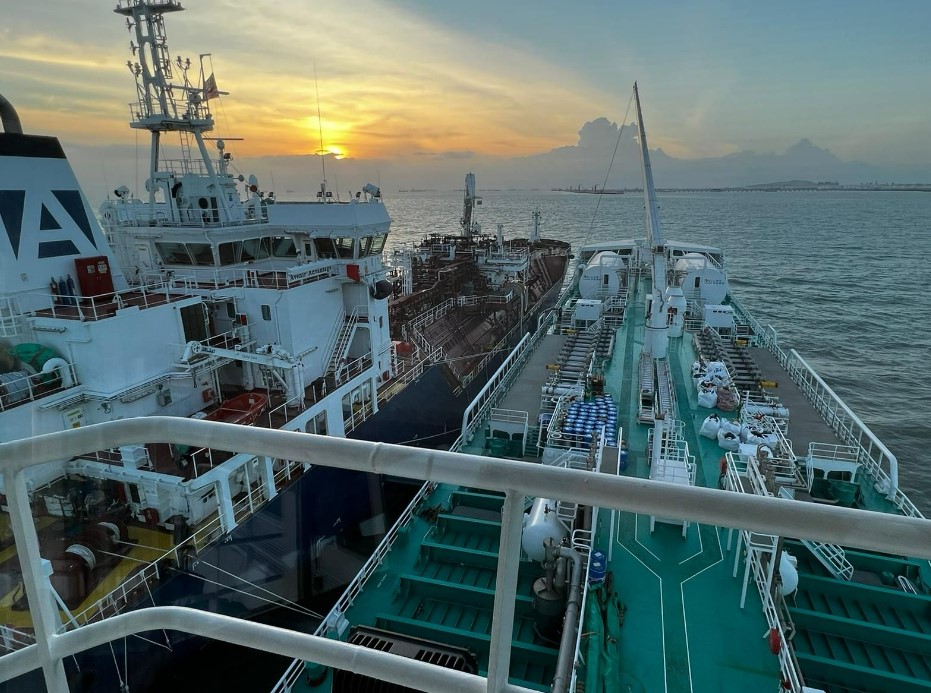The German government will provide around 62 million euros ($65.8 million) for three LNG bunkering vessels which will be built by shipbuilder Flensburger Schiffbau-Gesellschaft (FSG).
According to a statement by Germany’s Federal Ministry for Economic Affairs and Climate Action (BMWK), minister Robert Habeck handed over the grant during a ceremony on Friday at FSG to a group consisting of Nordic Hamburg, Titan, and Wesmar.
Habeck said in the statement that the maritime energy transition and the associated switch to alternative fuels in shipping requires investment in the expansion of bunkering infrastructure to enable the refueling of ocean-going vessels with LNG and renewable fuels.
The vessels, each with a capacity of 4,500 cbm, would supply LNG and bio-LNG to LNG-powered ships in German and European ports, according to the statement.
In addition, the bunkering ships are designed to be able to bunker ammonia in the future, the statement said.
This is another contract related to LNG fuel for FSG as the German shipbuilder won a deal last year to build one LNG-powered RoRo ship for Australian shipping firm SeaRoad.
On the other hand, Dutch firm Titan owns two FlexFuelers, both with a 1,500 cbm capacity, and charters other LNG bunkering vessels. The firm also revealed plans to build a large bio-LNG plant in the Amsterdam port and joined forces with Nordsol for another bio-LNG plant.
Germany to become huge LNG importer
The BMWK statement did not provide many details regarding the LNG bunkering project but it comes at a time when Germany is heavily investing in LNG.
Germany’s first FSRU-based import facility in Wilhelmshaven, operated by Uniper, recently started supplying regasified LNG to the grid.
The Wilhelmshaven facility is the first of six FSRU-based terminal in Germany that are expected to go online by the end of 2023.
The government backed the charter of five FSRUs while Deutsche ReGas is developing the first private FSRU-based facility in Lubmin.

